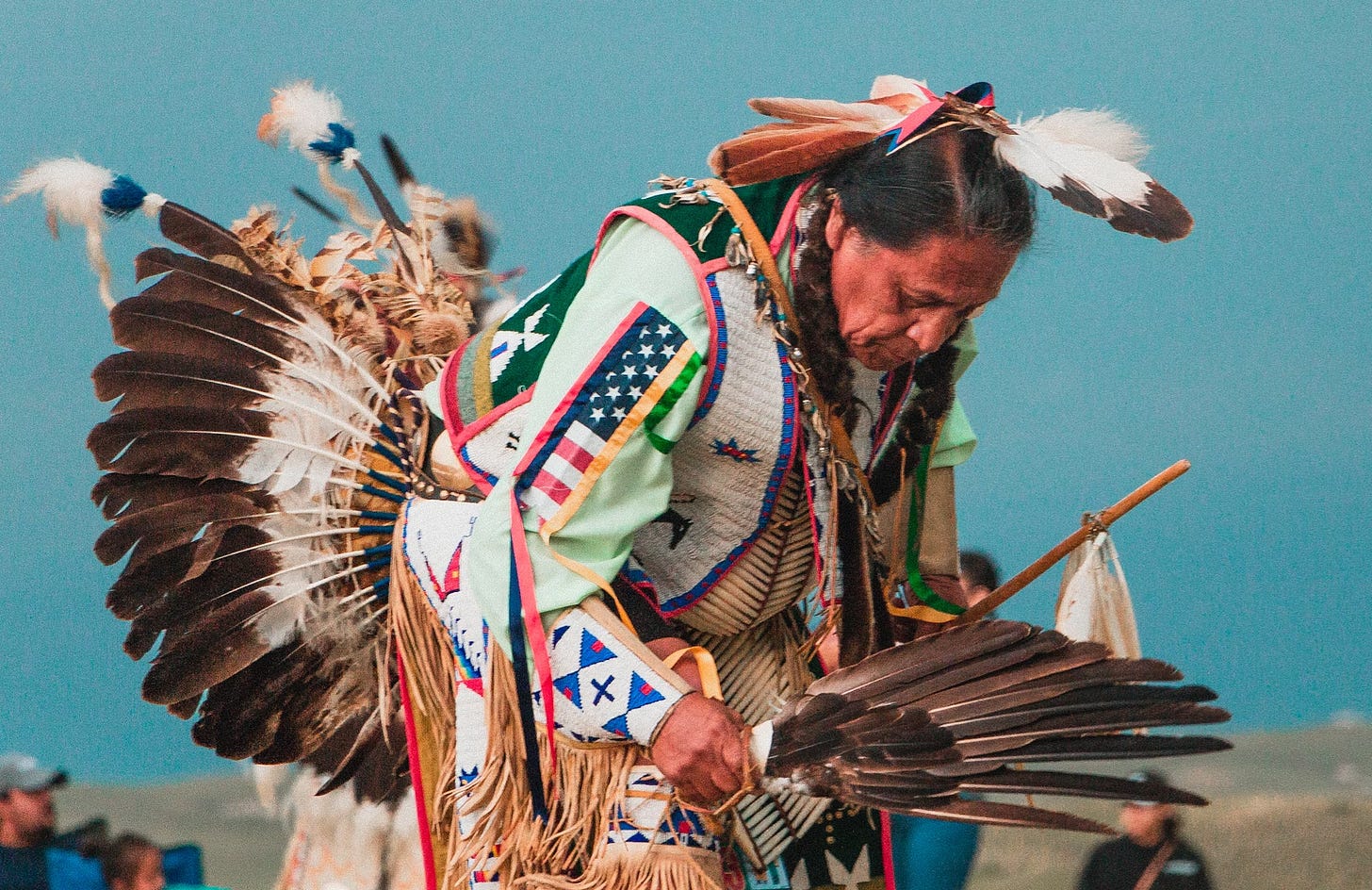No one is indigenous
And everyone's a colonizer. The rest is confusion, even when well-intended.
When I was growing up in the United States in the 1970s, we viewed "colonization" as a thing of the past: Europeans (and others) grabbed and plundered faraway territories, spreading technology and expertise and also, inadvertently, diseases. The American colonies kicked out the British two centuries before, but for most of the developing world, from India to the Dominican Republic, emancipation was more recent but nonetheless achieved.
"Indigeneity" was also not much of a concern, since in the modern era, powered by the rationalist ideas of the Enlightenment, we were to be recast as individuals, somehow endowed with equal rights, and judged by the content of our character. Maybe also by achievements. Nothing else.
How innocent we were! The bad old world—with its heartless enforcement of the staying in one's own lane—is back now with a vengeance, courtesy of a so-called “progressive” movement that is curiously reactionary (which the Oxford dictionary defines as standing in “opposition to new ideas”). Loud voices from that quarter are dragging us back to obsessions with unchosen tribal identities that some people might rather cast off.
Keep reading with a 7-day free trial
Subscribe to Ask Questions Later to keep reading this post and get 7 days of free access to the full post archives.




